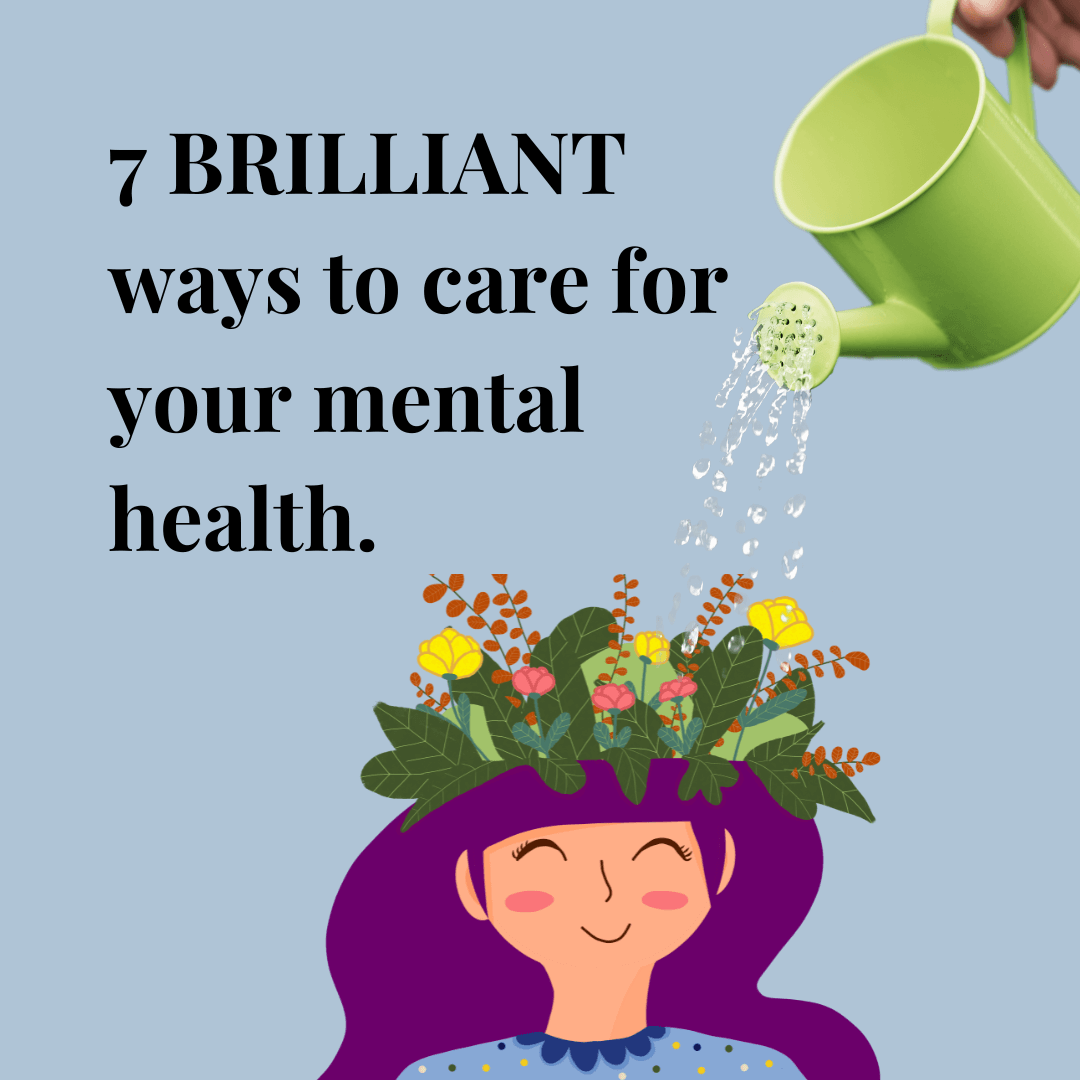
Caring for Your Mental Health
Doris Dong, Director of Mental Health
Victoria Hospital
You probably do specific things to care for your physical health: regular check-ups, vaccines, exercise, and healthy eating are common steps we take to feel good, enjoy life, and live longer. We put in the effort because the research and our experience tell us these things work. But don’t stop there! We should also take steps to protect our mental health. Here are several ways to care for our mental well-being:
- Get regular exercise: We think of exercise as a way of managing our weight and keeping our heart healthy, but exercise also prevents anxiety and depression.
- Get your sleep: Insufficient sleep also creates a risk for anxiety and depression. Getting enough sleep gives your brain time to rest and stay healthy. Different folks need different amounts of sleep, but most adults need 7 to 9 hours per night.
- Develop strategies for stressful times. We all experience stressful times, and failure to manage that stress can lead to both physical and mental illnesses. There are many ways to manage stress – some healthy and some not so healthy. We recommend trying a wide variety of healthy strategies to find your favourites. Common strategies include meditation, spending time in nature, journalling, aromatherapy, yoga, and spending time doing hobbies.
- Find a friend. Friendships promote good mental health in many ways: they boost happiness and self-confidence, provide support during difficult times, increase feelings of security, and help put problems into context. If you are lucky enough to have trusted friends, nourish those relationships. If you haven’t found your friends yet, make a concerted effort to establish relationships with people who bring you happiness. Remember that positive, healthy friendships are good for you, but relationships full of conflict, hostility and inequity can impact you negatively.
- Try volunteering. When you volunteer, someone else benefits. But volunteering also makes us happier! It seems this happiness comes from knowing we’ve made a valuable contribution, but also from the social connections that develop. Try it!
- Set reasonable expectations. Setting unreasonable expectations, then failing to meet them, causes unhappiness. We don’t need to be perfect, so focus on achievable goals. As Jane Fonda said: The challenge is not to be perfect – it is to be whole.” Treat yourself with kindness, patience, and compassion.
- Get help if your strategies aren’t working. Remember that seeking help is a sign of strength. If you are struggling, please reach out to your family doctor or one of the provincially funded mental health agencies (found here: https://www.gov.mb.ca/mh/mh/crisis.html). A little help from the right resources is often just what you need to restore good mental health.
Every one of us deserves to enjoy good mental health, but sometimes it takes a little work. The effort is worth it when the quality of your life improves. Give these strategies a try and see if you can maximize your enjoyment of life!
Sources:
https://www.ncbi.nlm.nih.gov/pmc/articles/PMC1470658/
https://www.columbiapsychiatry.org/news/how-sleep-deprivation-affects-your-mental-health
https://www.nhlbi.nih.gov/health/sleep-deprivation/health-effects
https://www.educba.com/stress-management-strategies/
https://www.webmd.com/mental-health/psychological-benefits-of-friendship
https://commons.und.edu/cgi/viewcontent.cgi?article=1019&context=psych-fac
https://greatergood.berkeley.edu/article/item/how_volunteering_can_help_your_mental_health
https://www.webmd.com/mental-health/mental-benefits-of-volunteering


